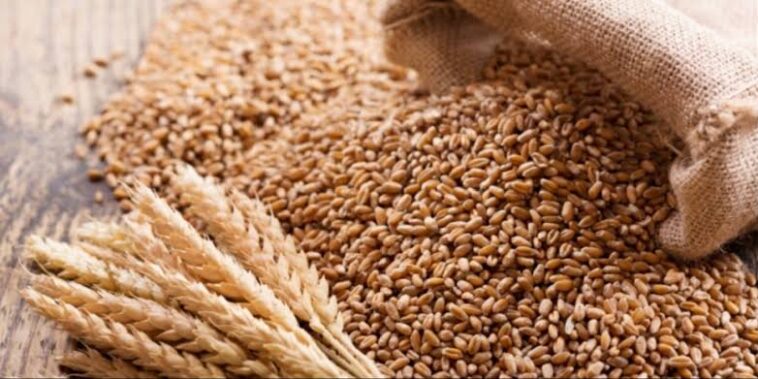Nigeria has recorded a historic breakthrough in food production with the successful cultivation of rainfed wheat in Plateau State a development set to slash the nation’s staggering ₦970.22 billion annual wheat import bill.
At the Second National Rainfed Wheat Farmers’ Field Day in Kuru, Jos, the Minister of Agriculture and Food Security, Senator Abubakar Kyari, described the feat as “nothing short of transformative.” For the first time, Nigerian farmers can now grow wheat naturally during the rainy season, beyond the confines of irrigated farmlands.
The innovation, developed by the Lake Chad Research Institute (LCRI), opens vast new possibilities for cultivation in highland areas such as Jos, Mambila, and Obudu. This means more farmers can participate, local production will expand, and the country can reduce its dependence on costly imports.
Kyari noted that Nigeria’s ₦970 billion wheat imports between October 2022 and September 2023 were “unsustainable and unacceptable.” He hailed the new wheat varieties as a bold, homegrown solution that will keep wealth within Nigeria, create jobs, and strengthen food sovereignty.
The breakthrough comes under President Bola Ahmed Tinubu’s Renewed Hope Agenda, which has placed agriculture at the heart of national economic reform. Key initiatives include:
Mechanisation Drive: Deployment of over 2,000 tractors and harvesters to boost nationwide productivity.
Agricultural Financing: Recapitalisation of the Bank of Agriculture and activation of the National Agricultural Development Fund (NADF).
Post-Harvest Reforms: Modernisation of silos, grain storage, and reduction of food losses.
The Minister urged farmers, researchers, and the private sector to scale up rainfed wheat cultivation across hundreds of thousands of hectares. Government support, he assured, will include certified seeds, mechanisation tools, and guaranteed markets.
“Every grain of Nigerian wheat planted is a step toward national dignity,” Kyari declared.If You’re Reading From Phoenix Click On Read Original at the top To Read Full Article
This milestone not only strengthens food security but also signals a new dawn in Nigeria’s agricultural transformation — proving that science, innovation, and local ingenuity can unlock the nation’s path to true self-reliance.





